OSHA Training
OSHA (Occupational Safety and Health Administration) training refers to the education and training provided to employees and employers to ensure compliance with OSHA regulations and standards. OSHA is a federal agency within the United States Department of Labor that is responsible for enforcing safety and health regulations in the workplace.
OSHA training typically covers a wide range of topics, including:
- Workplace hazards and how to prevent them
- OSHA regulations and standards that apply to specific industries or types of work
- Emergency procedures and how to respond to accidents or incidents
- How to use personal protective equipment (PPE) and other safety equipment
- How to properly handle and dispose of hazardous materials
OSHA provides a variety of training resources, including online courses, outreach programs, and on-site consultation services. Employers are required to provide OSHA training to their employees, and many employers choose to provide additional training to ensure a safe and healthy work environment.
There are also OSHA-authorized trainers that can provide OSHA training. They are individuals or organizations that have been approved by OSHA to deliver its training courses.
It is important to note that OSHA training is not mandatory for all employers and employees, but it is highly recommended to prevent occupational injuries and illnesses, and to comply with OSHA regulations and standards.
DOT Training
DOT (Department of Transportation) training refers to the education and training provided to employees and employers who are involved in the transportation of hazardous materials. The DOT is a federal agency within the United States that is responsible for regulating the transportation of hazardous materials, including by air, rail, road, and water.
DOT training typically covers a wide range of topics, including:
- Identifying hazardous materials and how to properly classify them
- Packaging, labeling, and marking hazardous materials according to regulations
- Loading, unloading, and handling hazardous materials
- Transportation safety regulations and procedures
- Emergency response procedures and incident reporting
- Security awareness and how to recognize and respond to security threats
DOT provides a variety of training resources, including online courses, outreach programs, and on-site consultation services. Employers are required to provide DOT training to their employees who are involved in the transportation of hazardous materials, and must also ensure that their employees are properly trained and certified.
There are also DOT-approved trainers that can provide DOT training. They are individuals or organizations that have been approved by DOT to deliver its training courses.
It is important to note that DOT training is mandatory for employers and employees involved in the transportation of hazardous materials, and non-compliance with the regulations can result in fines and penalties.

